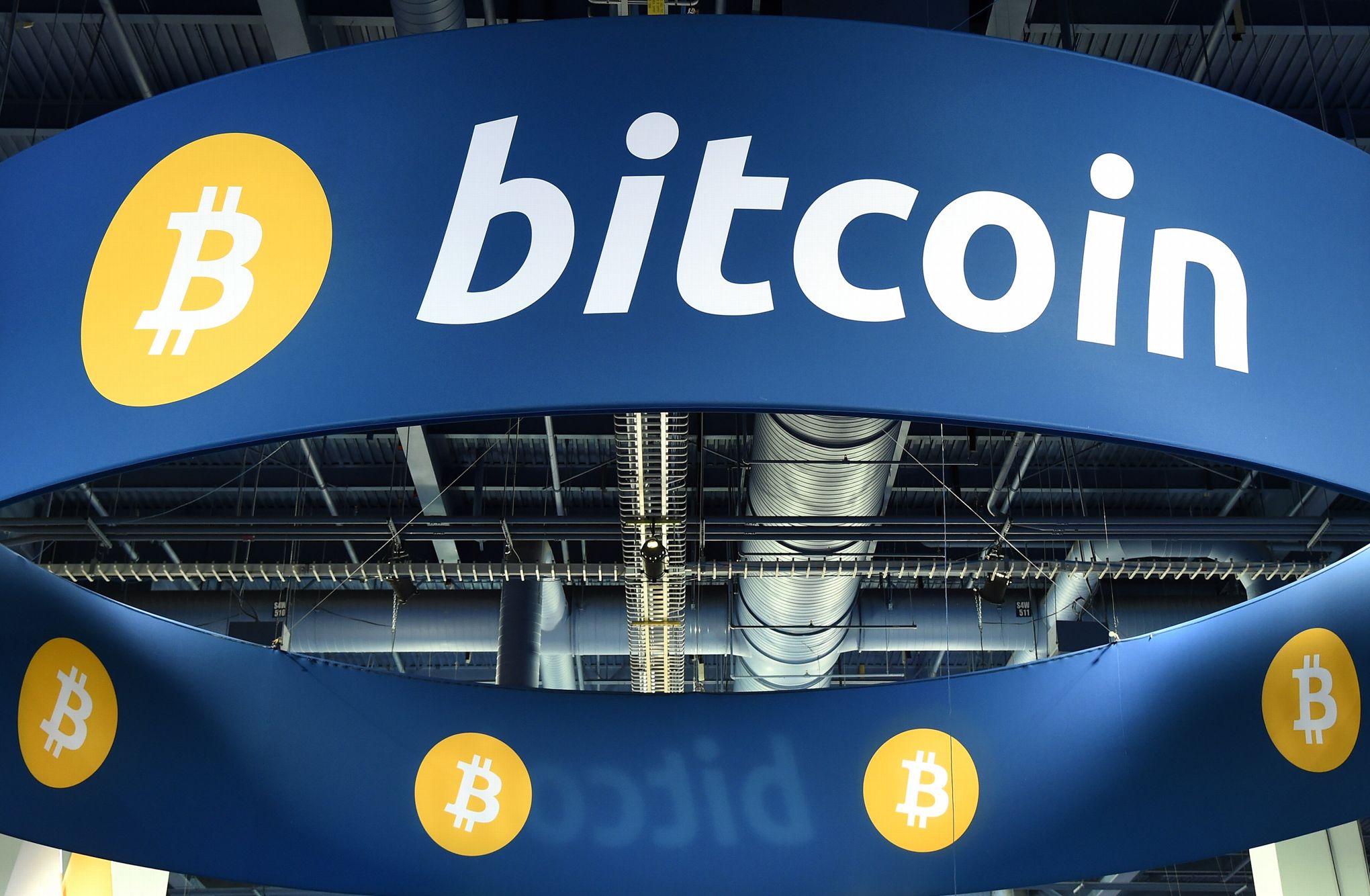Europe is just the latest of areas to move in on cryptocurrencies. An overall of three European Union regulators have expressed their concern with an upsurge in the number of people who are readily splurging on cryptocurrencies.
As of Monday, three European watchdogs are concerned about the negative effects of people buying cryptocurrencies en masse. Fist among those is the European Supervisory Authorities (ESA). The institution is monitoring banking and insurance pensions.
Many people who invest in cryptocurrencies these days are doing so without actually understanding the risks.
Coincomparator believes that the upswing in people showing interest in cryptocurrencies is because people tend to take in the good and be numb about the bad – yes, the pricing of the cryptocurrency may have been just shy of $20,000 in December 2017.
Still, people who mortgaged their houses to buy bitcoin now should feel relatively uncomfortable. Again, the price may surge back – but who is to know, especially when there are down payments on the line.
Back to the news now. ESA believes that people who purchase virtual currencies are high risk assets. The lack of regulation offers no safety nets. And these products are not suited to cater to people who are seeking for an investment outlet.
Bitcoin and the fraternity of cryptocurrencies are not really prepared to settle for any meaningful and reliable index. They are still in a state of constant mutability which makes them ill-suited to cater to investors.
Just take a look at the toll they have suffered in recent months. Bitconnect, a popular and allegedly reliable crypto exchange was shut down on allegations that it was running a Ponzi scheme.
China is on the offensive. Japan and South Korea are still supportive of the crypto assets, but they are moving in to introduce solid legislation, which will dictate the future transactions and hopefully bolster security after a series of rather unpleasant turns of events.
No more will individuals in South Korea be able to use anonymous bank accounts to trade crypto currencies. With this mind, these digital chunks of gold main tenet is somewhat undermined.
If people can’t have anonymity, what is left then? Conversely, the EU has been quick to act on the underpinning technology – blockchain. In fact the ECB is quite pointedly in favour of blockchain.
French banks have been reluctant for some time, but they have landed support in the lack of alternatives.
Blockchain, the central bank thinks may actually help streamline the financial system. It will certainly slash costs and make banks stop charging fees for transfers, for example. The role of banks will be rethought as blockchain gets a firmer food.
Also, start-ups and established banking institutions will have to find a way to collaborate. The state is clearly favouring newly-fledged and promising companies that can overcome great odds. In time, these unicorns will be able to dominate the financial sector.
Banks need to act. In the meanwhile, cryptocurrencies will continue to be in a state of uncertainty.
Feb 12, 2018
European Regulators Concerned About Crypto-Owners



Comments (No)